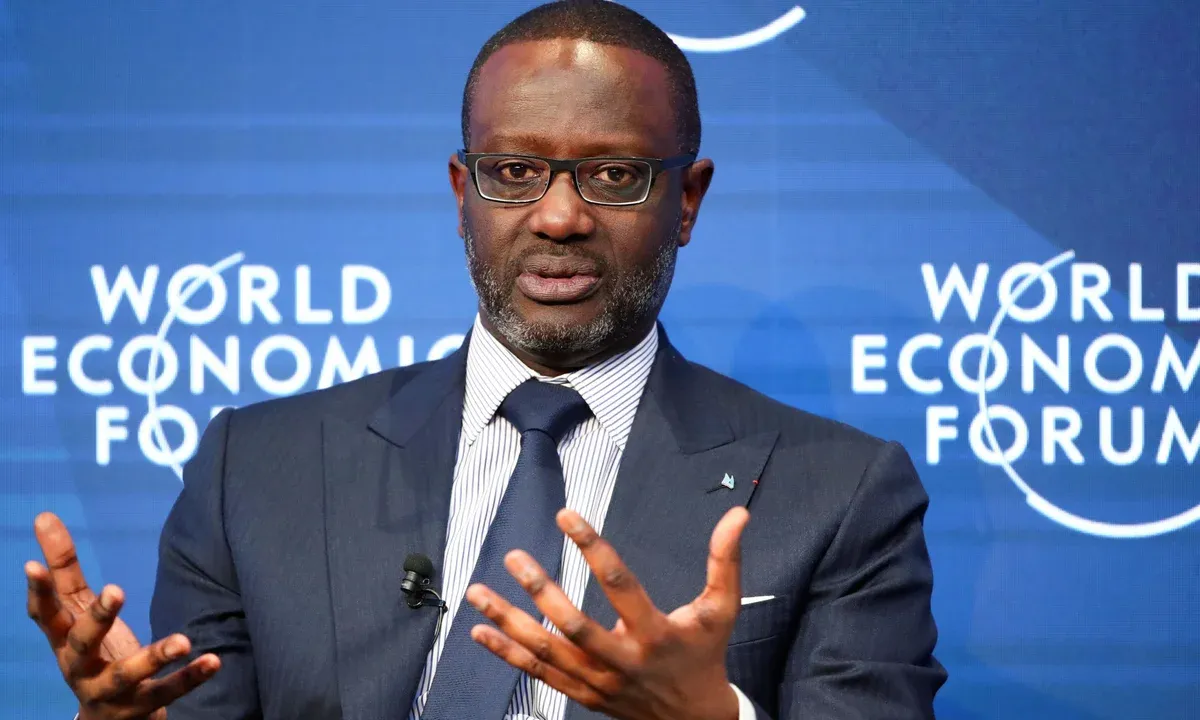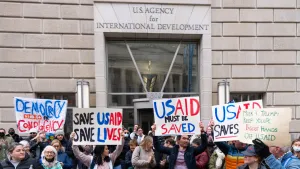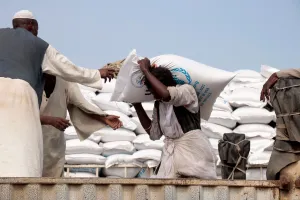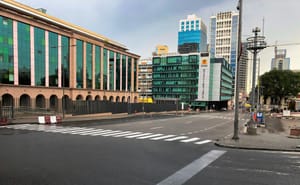Even the most successful international business background can't fully prepare someone for the political turbulence of the Ivory Coast. This reality is now being faced by Tidjane Thiam, whose presidential ambitions hang in the balance amid legal obstacles and political intrigue in the West African country known globally for its cocoa and football stars.
Thiam, once a towering figure in global finance, now finds himself blocked from contesting the October 2025 elections. A court ruling on April 22 declared that Thiam had forfeited his Ivorian citizenship decades ago by acquiring French nationality, a move he only reversed this year—allegedly too late to meet electoral eligibility.

After returning to Ivory Coast in 2022 following years abroad, Thiam was quickly identified as a potential successor to President Alassane Ouattara, who at 83 is serving his third and possibly final term. Thiam's pedigree—as a descendant of traditional nobility and the great-nephew of the nation’s founding leader, Félix Houphouët-Boigny—gave further weight to his candidacy.
His political journey began in the 1990s when, as a government minister, he championed infrastructure development and economic reform. A military coup, however, forced him into exile, where he went on to lead global financial institutions like Prudential and Credit Suisse. Upon his return, Thiam began building a path to the presidency. Following the 2023 death of long-time PDCI opposition leader Henri Konan Bédié, Thiam was named the party’s flagbearer this April.
Though a victory was far from certain, particularly if Ouattara seeks a fourth term, buoyed by years of strong economic growth, Thiam was viewed as a serious challenger. His centrist, technocratic image promised continuity of economic progress while offering voters a chance for political change.
But that hope now appears dashed. The court's decision is final, with no avenue for appeal, sidelining Thiam and other opposition figures such as Laurent Gbagbo, Guillaume Soro, and Charles Blé Goudé—all previously disqualified due to criminal convictions.
As a result, the election may now lack a credible opposition, risking further disillusionment among a populace already skeptical of the political elite. This comes at a time when anti-establishment sentiment is surging across West Africa, fuelled by military coups and a youth-dominated demographic disillusioned with traditional politics.
Still, there have been democratic successes—notably in Liberia, Senegal, and Ghana—where incumbents were ousted through peaceful elections. Many had hoped Ivory Coast could join that list, especially given its regional economic significance and status as a political heavyweight in ECOWAS.
But the Thiam debacle has revived memories of the toxic identity politics of the past, when “ivoirité” laws were used to exclude Ouattara himself on the grounds of foreign lineage. Though those laws were repealed and reformed, a rarely-invoked post-independence law now threatens to repeat history, declaring that Thiam lost his citizenship upon acquiring French nationality decades ago.
Though Thiam renounced his French citizenship in February, it was ruled too late to be eligible for this year’s voter registry. His lawyers argued he held French nationality from birth via his father, a technicality that would exempt him from disqualification—an argument rejected by the court.
In protest, Thiam noted that many national footballers also hold dual nationality, sarcastically suggesting the country should return its 2024 Africa Cup of Nations trophy under the same logic.
Now another ruling looms—a court is set to decide whether Thiam can continue to lead the PDCI, given his questionable nationality. Despite the legal deadlock, his supporters are hoping for a political compromise that would allow him—and perhaps other barred figures—back into the race.
Should Ouattara choose to step aside, he may wish to preserve his legacy and reputation by enabling a more competitive electoral process. With months still to go before the polls, a reversal is possible—but hopes remain slim.




